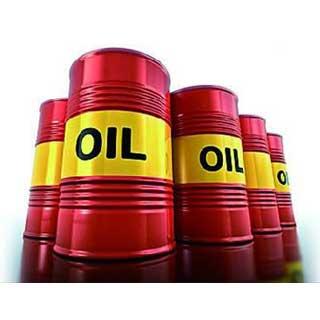
介绍:
Dutch Disease 荷兰病
The term “Dutch disease” refers to a range of economic and social problems that are usually experienced by countries that rely too much on the export of natural resources such as oil and gas. The Economist, a London-based publication, coined the phrase in 1977 to describe the woes of the Dutch economy, which suffered high unemployment rates and falling corporate investments following the discovery of abundant gas reserves. The Netherland’s gas exports surged, bringing in huge amounts of foreign currencies and driving up the value of the guilder, then the Dutch currency. This weakened the competitiveness of its other industries in international markets. Meanwhile, because gas extraction is not labor-intensive, employment did not benefit. Also, as the government cut interest rates in efforts to stop the guilder from appreciating, investments fled the country. Later experts widened the scope of Dutch disease symptoms to include more problems, such as high inflation and a relocation of industries away from areas where resources are being extracted. The Dutch disease can be dangerous because the exporter’s currency will crash if there is any significant disturbance to its export of resources.
荷兰病指的是过于倚重石油、天然气等资源出口的国家经常经历的经济和社会问题。《经济学人》在1977年创造了这个短语,用于形容荷兰经济当时遭遇的一系列困难,包括高失业率和低商业投资。在此前不久,荷兰刚发现了大量的天然气储备,随后出口飙升,吸引了大量外汇,使当时的荷兰盾升值,削弱了其他工业在国际市场上的竞争力。同时,就业情况并未因此得益,因为开采天然气并非劳动密集型的产业;而当政府降息以控制货币升值时,资本也开始外逃。后来,经济学家们扩充了荷兰病可能呈现的症状,将高通胀和资源开采地的去产业化等现象囊括其中。通常认为,荷兰病对一个国家来讲是非常危险的,因为一旦其资源的出口受阻,该国的货币将遭受重创。
In the News
Russia’s rouble tumbled to record lows in December amid sharp falls in the price of crude oil, which contributes significantly to the government’s budget, despite the Kremlin’s efforts to shore up its value by raising interest rates. This has revived discussions about the Dutch disease, which analysts say plagues countries that similarly rely heavily on the export of natural resources.
大家还在听

